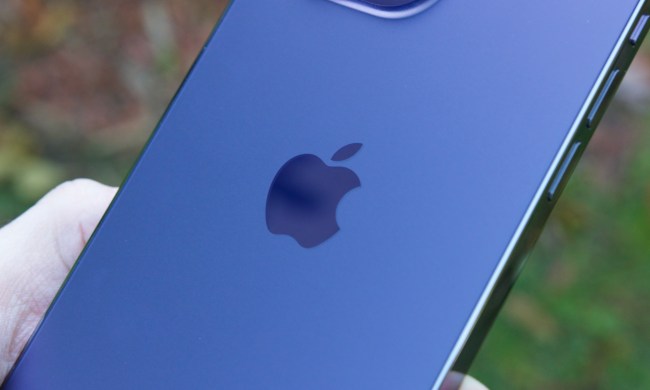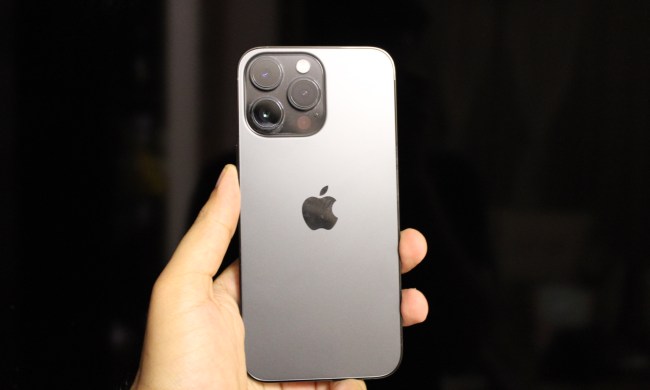Apple has reportedly hired a secret team to work toward using satellite technology to beam data to the company’s devices, as more tech companies look to the stars for their next projects.
The team is said to be composed of a dozen engineers with expertise from the satellite, aerospace, and antenna design industries, Bloomberg reported, citing sources familiar with the matter. The goal is to deploy the results of the initiative within five years.
The project is still in its early stages, and there is the chance that Apple may drop it as no clear direction has been established for the satellites, the sources said. However, Apple CEO Tim Cook is reported to have expressed interest in the team’s work, which indicates that it is a company priority.
Leading the secret satellite team are former aerospace engineers Michael Trela and John Fenwick, who were part of Skybox Imaging before the satellite imaging company was sold to Google in 2014. Trela and Fenwick helmed Google’s satellite and spacecraft operations until 2017 when they both moved to Apple.
Apple has significantly increased its research and development budget under Cook, with $16 billion spent in its fiscal year 2019, totaling a 14% boost from the previous year, according to the company’s filings. The tech firm is looking to bring more of its technology in-house, which adopting satellite technology may enable.
Apple’s plan to use satellites in beaming data to its devices may help it reduce its reliance on wireless carriers. The technology may also be used to link devices without the need for a traditional network, or for more precise location tracking that will lead to improved navigation apps and new features.
It remains unclear if Apple is planning to launch a constellation of satellites itself, or if it will utilize on-the-ground equipment to transfer data from existing satellites to mobile devices, according to Bloomberg.
Apple joins several tech companies that have ventured into satellite technology for various purposes. Elon Musk’s SpaceX continues to launch Starlink satellites with the goal of providing an internet connection to everyone on Earth, and Amazon is hoping to reach the same goal with its ambitious Project Kuiper initiative, which has not yet received regulatory approval to send satellites to space.


